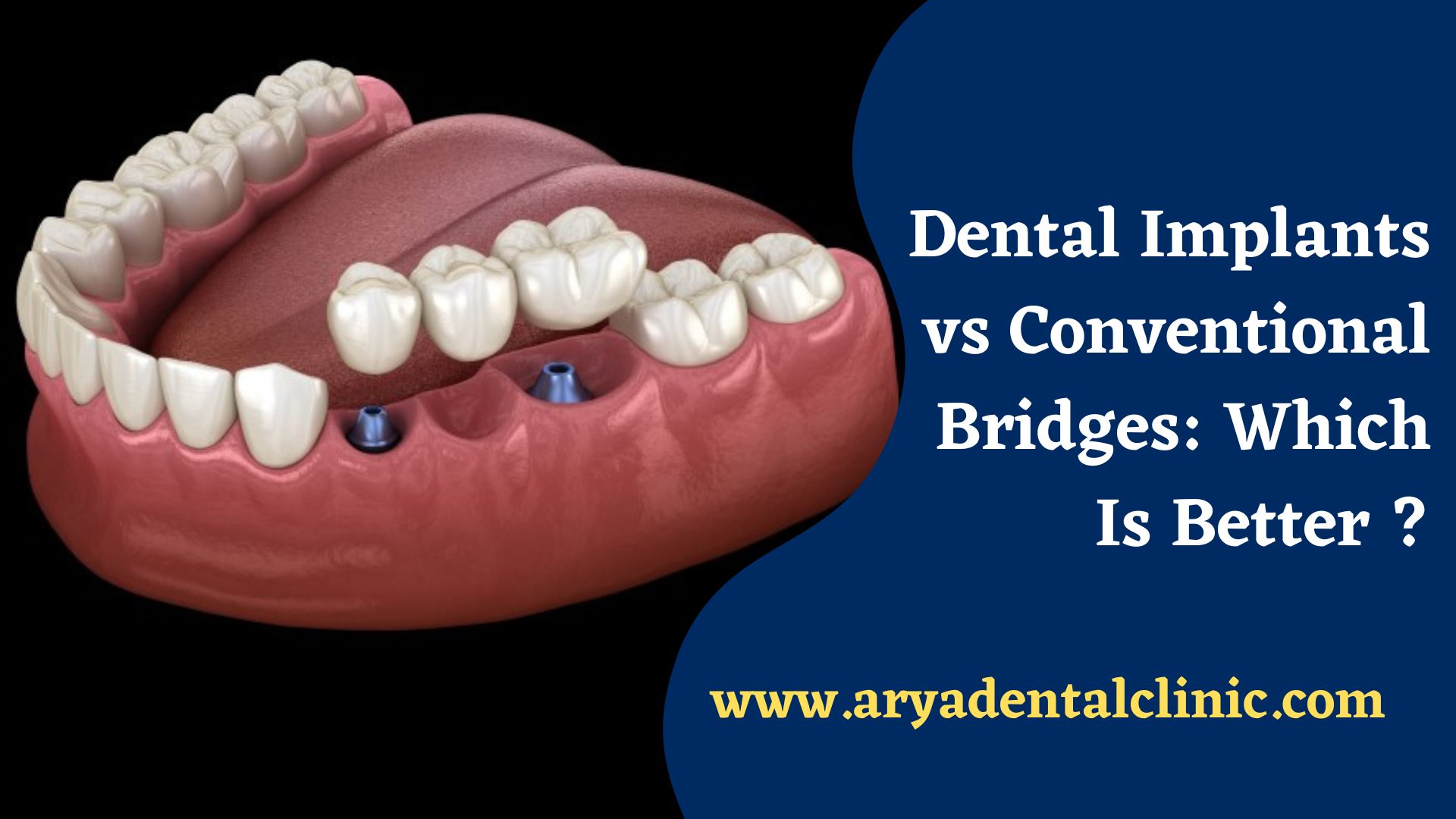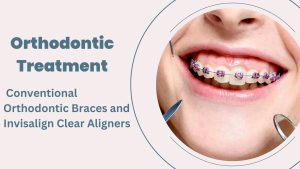Dental implants and conventional bridges are both options for replacing missing teeth, but they differ in terms of their approach, cost, durability, and maintenance. In this article, we will explore the differences between dental implants and conventional bridges to help you make an informed decision on which option is best for you.
What Are Dental Implants?
Dental implants are artificial teeth roots that are placed into the jawbone to support a replacement tooth or bridge. They are typically made of titanium and are surgically placed into the jawbone. Once the implant is in place, a crown or bridge is attached to the implant, providing a permanent solution for missing teeth.
What Are Conventional Bridges?
Conventional bridges, on the other hand, involve using existing teeth to support the replacement tooth or teeth. A bridge is typically made up of two crowns placed on the teeth on either side of the gap and a replacement tooth or teeth in the middle.
Dental Implants vs Conventional Bridges: Which Is Better?
- Durability of Dental Implants vs Conventional Bridges
Dental implants are more durable than conventional bridges. Since they are surgically placed into the jawbone, they are more stable and provide a long-lasting solution for missing teeth. In contrast, conventional bridges rely on the strength of the surrounding teeth, which can weaken over time, leading to a shorter lifespan for the bridge.
- Maintenance of Dental Implants vs Conventional Bridges
Dental implants require little maintenance and can be cared for just like natural teeth. Conventional bridges, on the other hand, require regular cleaning and maintenance to ensure their longevity.
- Cost of Dental Implants vs Conventional Bridges
Dental implants are generally more expensive than conventional bridges, but they also offer a higher level of durability and functionality. Conventional bridges may be a more cost-effective option, but they may not be as long-lasting as dental implants.
- Approach of Dental Implants vs Conventional Bridges
Dental implants involve a surgical procedure, while conventional bridges are a non-invasive option. If you have any medical conditions that could affect the healing process, such as diabetes or heart disease, you may not be a suitable candidate for dental implants.
- Natural Look of Dental Implants vs Conventional Bridges
Dental implants provide a natural look and feel that is similar to natural teeth. Conventional bridges can look and feel unnatural, especially if they are not properly fitted.
Ultimately, the decision to choose dental implants or conventional bridges depends on your individual needs and circumstances. If you are looking for a long-lasting, natural-looking solution for missing teeth and are willing to invest in the higher cost and surgical procedure, dental implants may be the better option for you. If you are looking for a more cost-effective option and have healthy surrounding teeth, conventional bridges may be a suitable alternative.
Remember to consult with your dentist to discuss your options and find the best solution for you.



